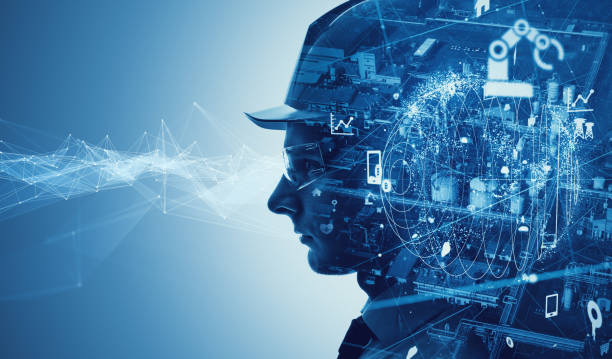Research Lines

AI for Health and Precision Medicine
The convergence of artificial intelligence (AI) and precision medicine already started to revolutionize health care. AI leverages sophisticated computation and inference to generate insights, enables the system to reason and learn, and empowers clinician decision making through augmented intelligence. To this aim, the development of new methods and advanced analytics play a crucial role to support what humans do, not replace them. AI can combine input from multiple structured and unstructured sources, reason at a semantic level, and use these abilities in computer vision, reading comprehension, conversational systems, and multimodal applications to help health professionals make more informed decisions (e.g., a physician making a diagnosis, a nurse creating a care plan, or a social services agency arranging services for an elderly citizen).
Within the DADS PhD program, multi-disciplinary environments and cutting-edge expertises needed for advancing Health and Precision Medicine through the use of AI can be found, also thanks to the partnership with the Health Data Science Center fo Human Technopole.

Sustainable Mobility
Sustainability means ensuring equal access to resources and opportunities not only for people living today, but also for future generations. The core idea is that the planet belongs to all human beings—past, present, and future. When it comes to sustainable mobility, this temporal dimension must also be accompanied by a spatial perspective. Even today, access to mobility services is deeply unequal across the globe, leading to disparities in access to education, healthcare, and employment.
In the last decades, new Information and communication technologies have made it possible to collect unprecedented amounts of data that describe mobility patterns at high spatial and temporal resolution. Mobile phone data, traffic sensors, cameras, or satellite images are just an example of this data that has enabled a new, bottom-up approach to designing and implementing mobility policies, complementing traditional top-down methods and allowing for location- and time-specific solutions. These data are typically massive in weight, collected real time, possibly contaminated by errors, and complex with respect to their mathematical nature (i.e., they can often be represented as functions over space and time, or as geo-referenced networks), thus continuously creating new modelling, algorithmic, and computational challenges.
Within the DADS Ph.D. program, students engage in a multi-disciplinary environment with strong ties to private companies, institutions, and research centers. They investigate innovative models and algorithms, and design and test smart solutions on real-world problems, contributing to the future of sustainable and efficient mobility systems.

Technology for Industry
Industries are rapidly evolving through the integration of artificial intelligence (AI), robotics, and on-device computing aiming for an evidence-based, data centric, decision-making. Intelligence is no longer confined to centralized systems but embedded directly into machines and devices, enabling fast, adaptive, and privacy-preserving decisions. Robotics brings physical intelligence, allowing humans and machines to collaborate seamlessly in dynamic environments, while edge AI unlocks real-time analytics close to where data is generated. Achieving this vision requires advanced computational methods and data analytics that allow systems to learn, reason, and act in complex industrial settings. Applications include predictive maintenance, digital twins, sustainable manufacturing, and human–robot collaboration, all supported by AI models optimized for constrained edge devices.
Within the DADS Ph.D. program, students work in a multi-disciplinary environment with strong links to industry and international research centers. They design algorithms, develop prototypes, and validate solutions on real-world platforms, shaping the future of intelligent and adaptive industrial systems.

Policy, Innovation and Society
In today’s rapidly evolving landscape, the intersection of policy, innovation, and society is increasingly shaped by the need for more responsive and evidence-based approaches to complex challenges. The integration of data from heterogeneous sources is essential to developing a more accurate and inclusive understanding of societal dynamics, supporting the analysis of interdependencies and informing both policy and business decisions. Policymakers are increasingly turning to precision policies and data-driven strategies designed to meet diverse social needs with greater effectiveness and equity. Business practices and management strategies are also evolving, placing greater emphasis on agility, sustainability, and stakeholder engagement to align with broader societal objectives. This shift is reinforced by the emergence of knowledge ecosystems grounded in strong collaboration among public institutions, academia, industry, and civil society, enabling continuous learning and innovation. As innovation accelerates, adaptive governance and responsible management frameworks will be crucial to ensure that technological progress translates into inclusive and sustainable development.
Within the DADS Ph.D. program, students develop analytical skills to investigate the relationship between policy, innovation, and society in a structured and evidence-based way. Through the use of data analysis, modeling, and interdisciplinary research methods, students are equipped to contribute to the development of effective policy instruments, support decision-making in complex systems, and design business approaches that align technological innovation with broader societal goals.